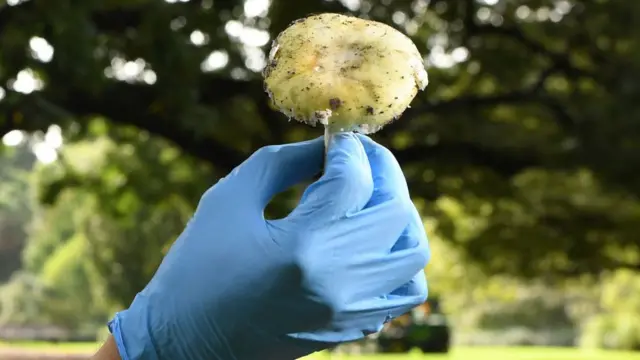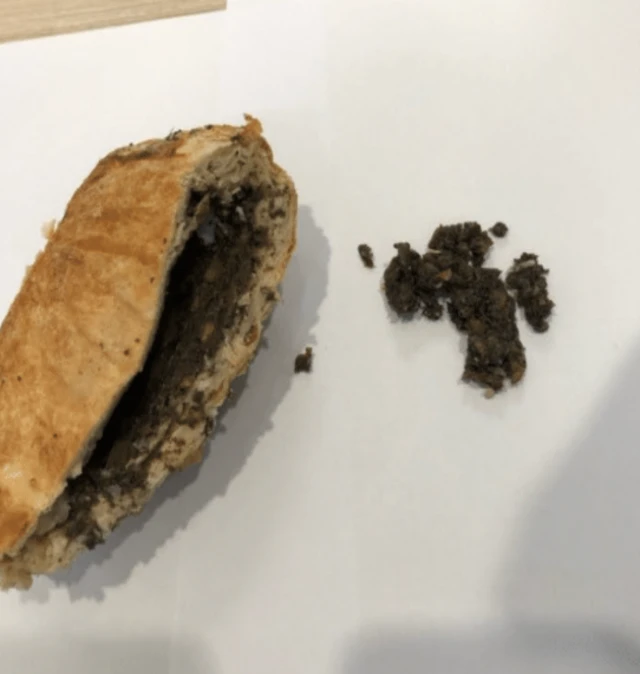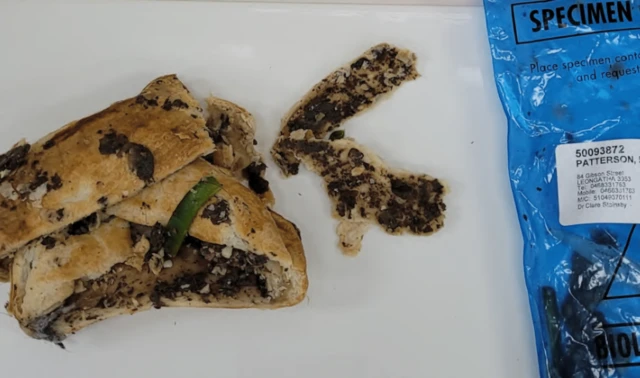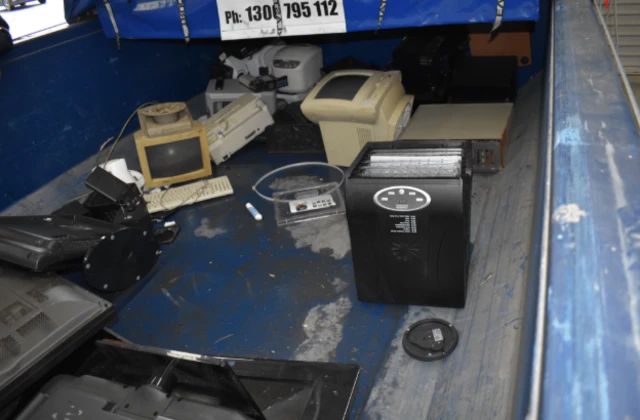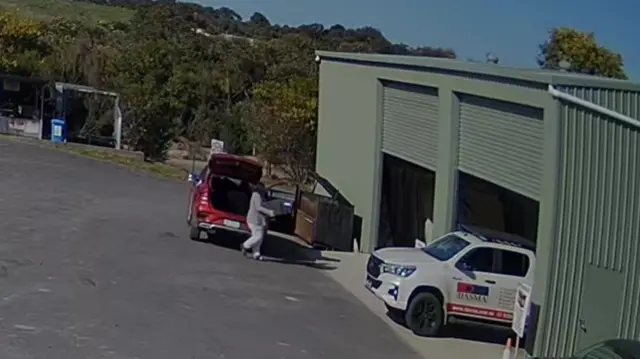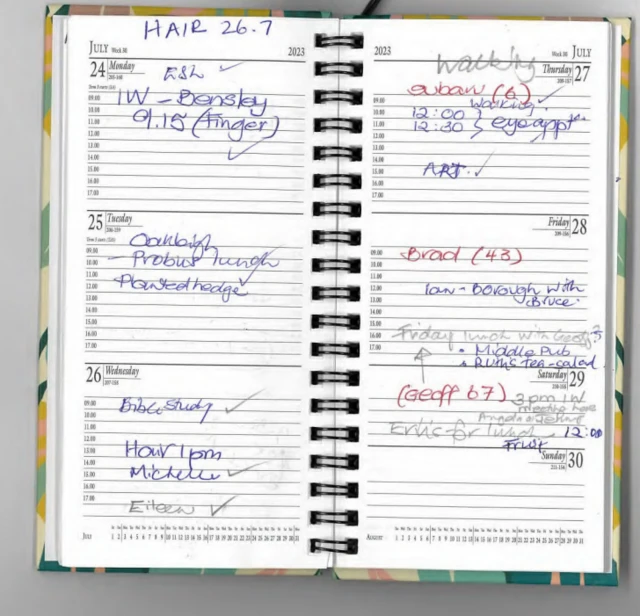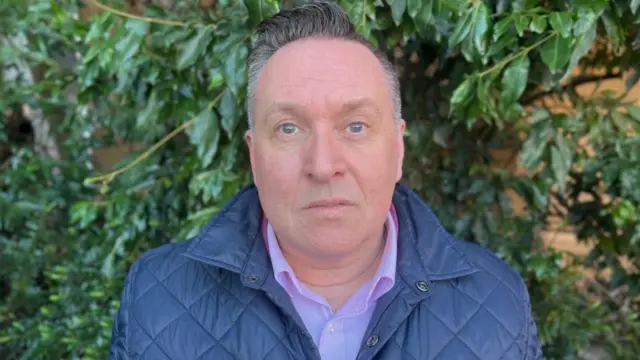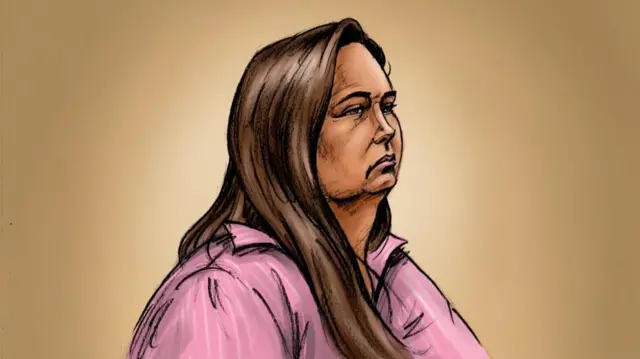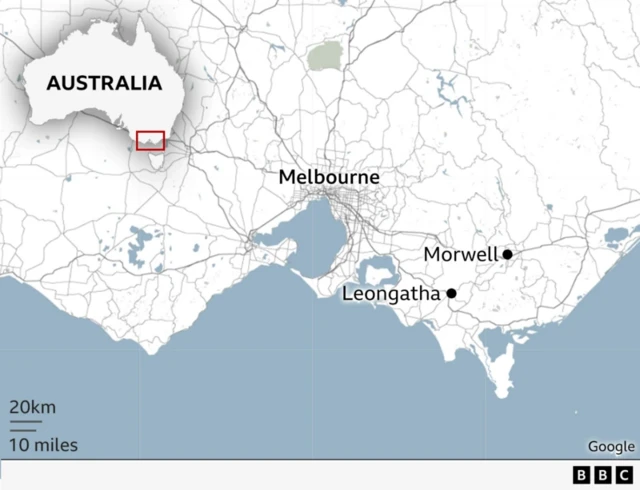The deadly mushroom case that has gripped Australia - and much of the worldpublished at 10:32 BST 7 July
After hearing nine weeks of evidence, a jury has found Erin Patterson, 50, guilty of murdering three relatives and attempting to kill another.
She served up beef Wellingtons containing death cap mushrooms at her home in Leongatha, regional Victoria in 2023. The meal led to the deaths of her in-laws Don and Gail Patterson, and Gail’s sister Heather Wilkinson. Heather's husband Ian was in a coma for weeks, but survived.
Prosecutors argued Patterson knowingly added the toxic mushrooms, lied to police and disposed of evidence - though they acknowledged she had no clear motive.
Patterson denied guilt, saying she accidentally included the poisonous fungi and lied out of panic. She can still appeal her conviction.
Victoria Police thanked the officers and prosecutors who worked on the case, and asked that the privacy of the victims' families be respected.
One local man told the BBC: “I hope they will have a sense of closure and a sense of justice.”
Now that Patterson has been found guilty, she'll be remanded while prosecutors and the defence team make proposals on her sentencing. The date for this has not yet been set.
In the meantime, you can read our story on all the twists and turns of the case.
